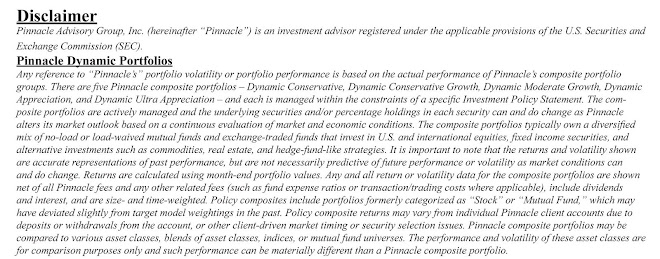Assuming the window for QE2 is slowly closing, it is time to begin thinking about what will happen to the economy and markets when QE2 ends. One of many aspects to this issue is how it will affect bond yields. I think conventional wisdom says yields should go up (and bond prices down) when QE2 ends since the dominant buyer of freshly minted bonds will be out of the market. Reinforcing that line of thinking would be the argument that the Fed would only end the bond buying program if the economy was improving, and an improving economy should put pressure on inflation and force bond yields higher. But we must always ask the question, what if the consensus is wrong? For example, perhaps the market focuses less on who is going to buy treasuries and more on the withdrawal of liquidity leading to less robust growth several quarters out. I’m not even sure how much of a surprise that should be given that at the start of QE2 conventional wisdom said that yields would go lower, and they did nothing but climb since the program was enacted on November 10th, 2010. Trying to anticipate what investors will be anticipating is one of the things investors must do, and it is one of the activities the investment team at Pinnacle Advisory Group is constantly engaged in. Rest assured that we’ll be thinking about the many aspects of an end to QE2 as we draw closer to June 30.
Thursday, March 31, 2011
QE2 and Trying to Anticipate Investors Anticipation
The Federal Reserve is slated to end their quantitative easing program (QE2) on June 30th. Lately, there have been a few Federal Reserve Governors voicing their views that perhaps we should end QE2 early due to some of the commodity inflation that has raised the eyebrows of the public recently. Despite the squabbling amongst Fed members, it still seems unlikely that Chairman Bernanke will end this program ahead of schedule. Yes, gas and food prices are up but personally I think Bernanke is more focused on the 8.9% unemployment rate, very low capacity utilization, falling real wages, and a struggling velocity of money. And though it is hard for me to envision helicopter Ben bringing QE2 to port earlier than originally planned, I also have a hard time believing that we’ll get a QE3 unless markets experience another devastating shock that threatens to derail the current bull market.


